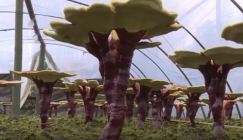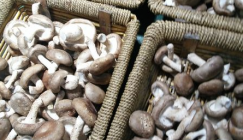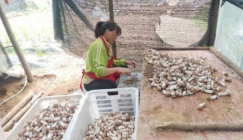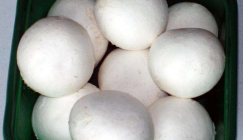Over the years, mushroom industry has been the great lubricant for the development of regional economy in Luliang County, Qijing City, Yunnan Province of China. In 2017, gross area for mushroom planting reached 2.04 million square meters, gross mushroom output totaled 159,000 tons and output value hit 540 million CNY within the county, varieties include Oyster, Enoki, King oyster, Shiitake, Button, Stropharia rugosoannulata and Pleurotus cornucopiae while primary foreign exporting nations refer to USA and Southeast Asian.
“We daily output 10-20 tons of fresh King oyster mushrooms, which accounts for 70% of market volume of Yunnan Province. King oyster mushrooms produced in our base are green and pollution-free, they could be eaten raw right after the picking, and taste like abalone and almond,” said principal from one of King oyster mushroom bases in Damogu Town of Luliang County, going on that the base follows bag-mode cultivation craft so as to improve the efficiency and promote the easy management as well as the sustainable development of agricultural circular economy.
For social, economic and ecological benefits, mushroom planting also shows the following four advantages:
1. Mushroom planting is a labor-intensive industry, now, Luliang County holds over 680,000 of gross population, which indicates abundant and high-quality labor force for the development of mushroom industry.
2. Mushrooms are high in protein, low in sugar, salt and calorie. They are listed as Health Food by FAO.
3. Liliang County owns substantial biotic resources, according to statistics, each year, gross area for cultivation of rice and corn respectively totals 120,000 and 250,000 mu, through mushroom growing, agricultural wastes could be effectively reused.
4. Mushroom industry helps eliminate the pollution caused by burning of agricultural wastes and promote the development of agricultural circular economy. Organic fertilizers made by mushroom residues not only enhance the utilization efficiency of resources, improve the environment, but also response to the slogan of energy-saving, high-efficiency, and carbon emission reduction.

 LATEST NEWS
LATEST NEWS
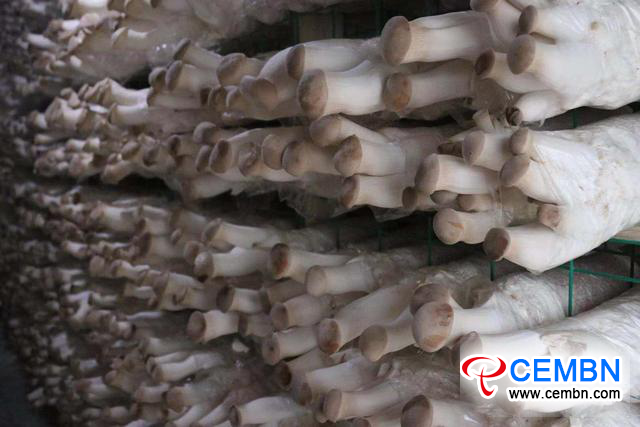
 MOST POPULAR
MOST POPULAR
